Is high voltage not the same as high voltage – difference between high voltage and (ev) high voltage?
More and more often, even as a lay person, you hear the term “(ev) high voltage”. As an expert in (ev) high voltage technology, I am therefore frequently asked, especially by people I know, “You do all these (ev) high voltage training courses, wasn’t that once called high voltage”.
The short answer would then always be simply a clear “No”.
However, since I am very aware that the statement “(ev) high voltage and high voltage are not the same thing.” seems only conditionally satisfactory, I am happy to answer in detail, which led to this blog entry.
In order not to get too much into boring lecturing, I will try to start with the simple differences.
(ev) high voltage and high voltage are not only two different voltage levels, but also found in different areas.
High voltage is a term from classical electrical engineering as we find it in the VDE since time immemorial.
There are the terms of low voltage (usually touching up to 50 V AC and 120 V DC), low voltage (up to 1000 V AC and 1500 V DC), medium voltage (up to approx. 50 kV), high voltage (mostly 110 kV) and extra high voltage (220 kV, 380 kV and 400 kV).
(ev) high voltage, on the other hand, is a term from automotive engineering and describes the voltage range for alternating quantities (AC) greater than 30 V and up to 1000 V, and for direct quantities (DC) greater than 60 V and up to 1500 V.
(ev) high voltage is therefore by and large fully in the low-voltage range.
Now low voltage also sounds much more harmless than it is. Low voltage can kill you, everything we find in private homes and offices as well as workshops belongs to low voltage. The term “Low Voltage Directive” as one of the most important directives not only for the safety of man and machine is often not unknown to the lay person.
High voltage, at about 110 kV (i.e., 110,000 volts), is well over a hundred times higher than the high-voltage range.
(ev) high voltage thus explicitly describes the voltage range of electric vehicle drives. This voltage range also requires special safety measures, both technical and organizational or personnel. In terms of personnel, we implement this in our high-voltage training courses, such as the training for specialists in high-voltage systems in vehicle technology, specialists in high-voltage systems in battery technology, and also the electrician training courses for high-voltage systems, live line work in high-voltage battery technology, and so on.
The term (ev) high voltage clearly illustrates the necessary caution in handling high-voltage vehicles, especially in the automotive sector. In our experience, the term low voltage would make most vehicle engineers think of the on-board power supply – 12 V, 24 V or at best 48 V.
but a typical voltage of a high-voltage battery is, for example, 400 V or 800 V.
And there is real power behind it. High-voltage training for employees is therefore not only sensible, but also mandatory, depending on the activity.
So, please remember even without high voltage training: (ev) high voltage and high voltage are two different things – but they are both potentially dangerous.
PS: Our recommendation here: There are also courses offered by various providers, such as the aforementioned course “Specialist high voltage (ev)” or also the small course for the specialist instructed person for high voltage. More information about this can be found on our homepage
www.tcs-engineering.de
We offer various open seminars as well as customer-specific in-house seminars.
Our free(REALLY free, even WITHOUT having to provide an email address!) paper “6 Things You Need to Know About High-Voltage Qualification of Your Employees in Advance” can be accessed here (click) .
If you want to know more about the different roles, especially those of the responsibilities and especially those of the CRES and their interaction, I recommend our publications, for example the audio book “The chief responsible electrical specialist: CRES structure and operational electrical safety for entrepreneurs, specialists and managers”. Information and sources of supply can be found on the usual audio book portals as well as on the homepage tcs-engineering.de

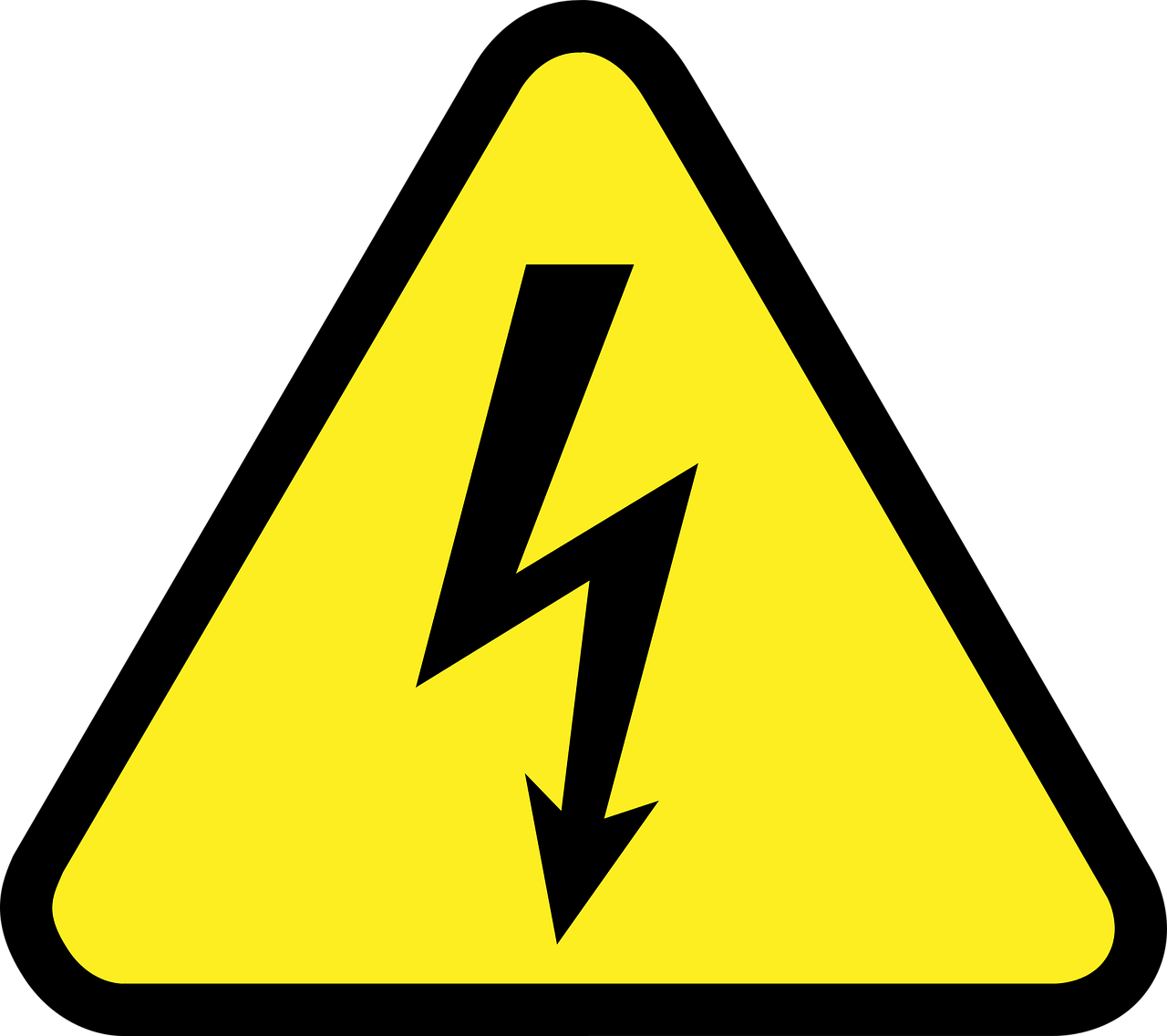
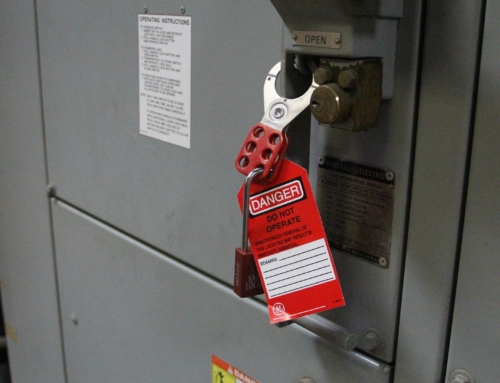


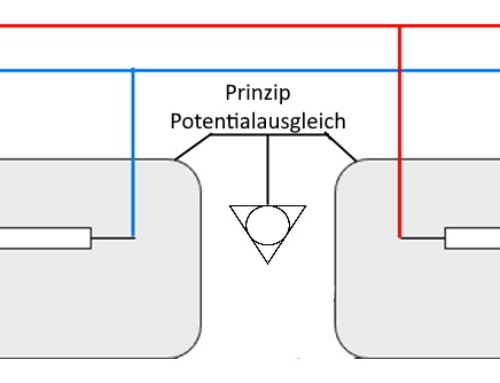
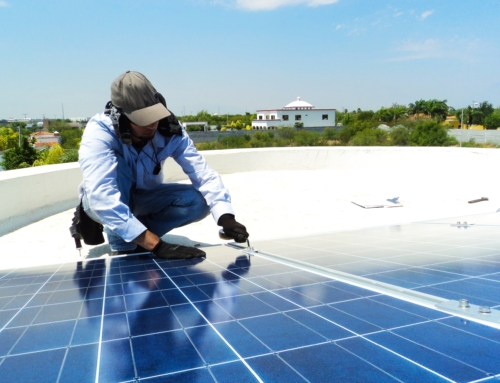


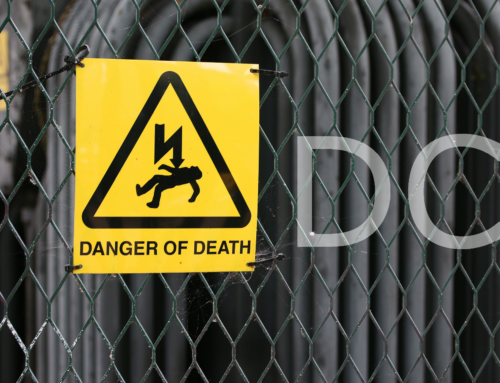
Leave A Comment